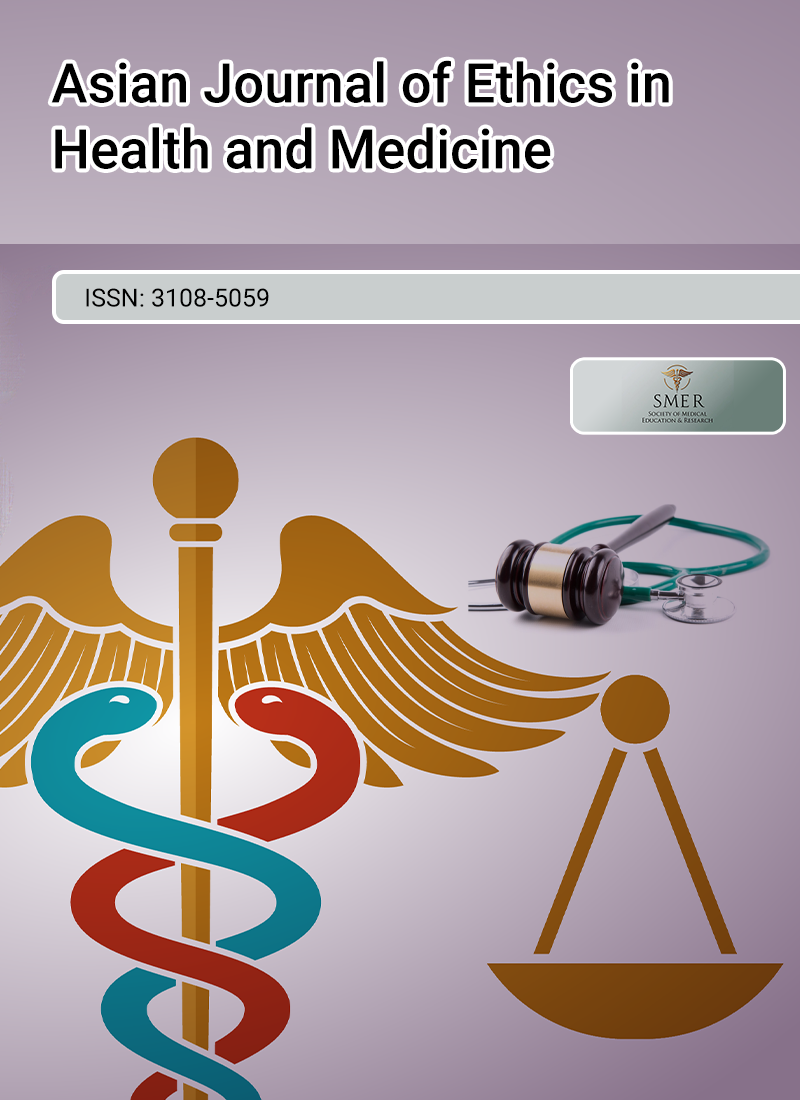
Providing care for patients with anorexia nervosa (AN) often generates significant moral distress for healthcare professionals. Central to this distress is the ethical tension between enforcing treatment to prevent severe outcomes, such as premature death, and honoring patients’ refusals of care. Despite its relevance, empirical research on this moral conflict remains limited. We examined all 19 documented ethics consultations (ECs) related to AN from a single clinical ethics support service in Switzerland. Using a sequential deductive-inductive coding approach, we analyzed the documentation and interpreted the resulting code system on a case-by-case basis. This report focuses on patient characteristics and the ethical issues raised. The ECs predominantly involved extremely underweight AN patients with extensive prior treatment histories who posed serious risks to themselves by refusing recommended interventions. Beyond questions regarding the ethical justification of coercion, frequent concerns included whether further coercive measures to achieve weight gain might be ineffective or even harmful, highlighting conflicts between the principles of beneficence and non-maleficence. Potential strategies considered included harm-reduction approaches (e.g., psychotherapy without mandatory weight gain) and palliative measures (e.g., initiating end-of-life care), each carrying its own ethical dilemmas. Across cases, we identified nine distinct types of conflicts or uncertainties between ethical principles, with a median of eight per case. Caring for individuals with AN involves multifaceted and intricate ethical challenges. To navigate the tension between respecting autonomy and promoting beneficence while avoiding harm, clinicians sometimes consider non-curative approaches. However, their broader implementation is limited by ongoing uncertainty about general justification, eligibility criteria, and standardized protocols.